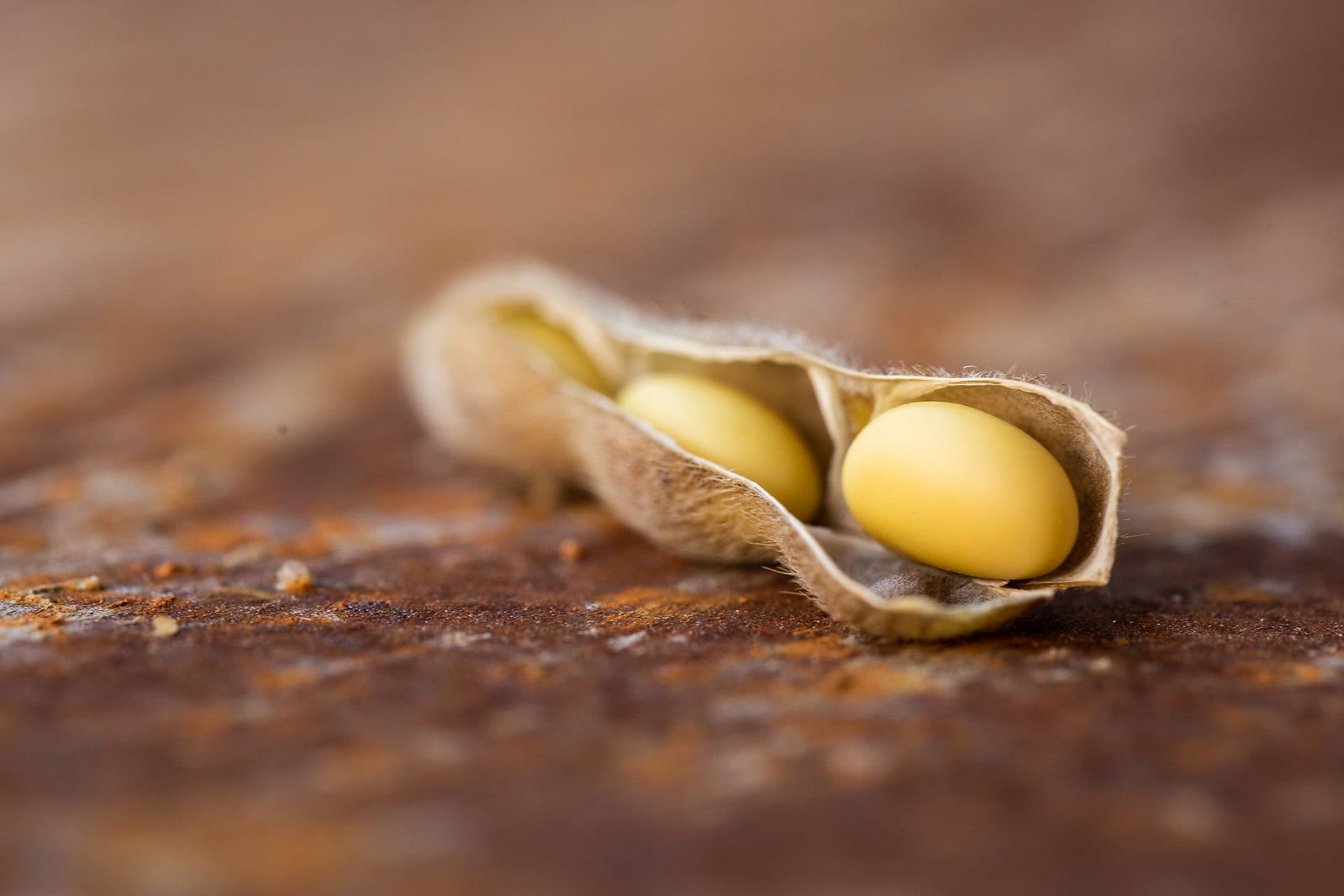As an industry, U.S. Soy is committed to efficiently delivering high-quality soybeans to our customers. My family business Garcia Grain Trading, an independent grain-handling and exporting business in the Lower Rio Grande Valley of Texas, plays a key role in connecting the dots between customers and farmers.
 We have many strong, long-standing relationships with both our customer contacts and area farmers, many of which go back generations.
We have many strong, long-standing relationships with both our customer contacts and area farmers, many of which go back generations.
We talk with our customers to find out what they need each year. They express amounts of what they want in either area (hectares or acres) or volume (metric tons or bushels). We also work with them to negotiate the crop value.
Then, we offer those customer needs as opportunities to the farmers we work with. We support our farmers as they decide what opportunities they want to fulfill.
Besides soybeans, we handle contracts for corn, sorghum or milo, cottonseed, rice, sunflowers, sesame and canola. Most of these crops we source relatively locally. Some crops, like rice, we originate from the Coastal Bend region of Texas, a region north of us. Others, like beans, come from other regions of the U.S.
We continue to work closely with the farmers in our region throughout the season, providing agronomic support as they raise crops. We also work closely with customers, to keep them updated on crop progress.
When farmers harvest their contracted crops, we work with them to have them delivered to one of our handling facilities. From there, we handle the transportation logistics to get the crops to the customer.
Contracted Soybeans Fill Specific Demand
 The unique soybeans developed for our region are one example of our contracted crops. One of our customers is a soybean crusher in Monterrey, Mexico. This plant processes the equivalent of about 8,030 metric tons, or 295,000 bushels of soybeans every 24 hours. Most of the year, they receive U.S. shuttle trains of soybeans. But supplies tighten in July and August, which is when the first crop of soybeans in our region of Texas will be ready to harvest.
The unique soybeans developed for our region are one example of our contracted crops. One of our customers is a soybean crusher in Monterrey, Mexico. This plant processes the equivalent of about 8,030 metric tons, or 295,000 bushels of soybeans every 24 hours. Most of the year, they receive U.S. shuttle trains of soybeans. But supplies tighten in July and August, which is when the first crop of soybeans in our region of Texas will be ready to harvest.
This crusher and another crusher have agreed and committed to buying about 80% of the soybeans we grow and originate in our region. The other 20% goes to the poultry production industry. We primarily serve these markets, yet we continue to be on the lookout for any opportunities. For example, we are looking to develop roasting soybeans for feed for livestock and deer. When the soybeans are harvested, we will coordinate delivery to destinations in Mexico.
Right now, our unique soybean varieties, Pamela GT and Lynda GT, are looking really good. They have grown to about 90 cm, or 3 feet, and have canopied beautifully. They have flowered and are setting pods. We had a wet May, which is some cases stressed and caused the plants to abort some pods. But for the most part, they are doing well. We are looking forward to seeing them fully mature and start senescing in a few weeks.
Because the demand for U.S. soybeans at this time of year is much larger than what we have contracted this year, I am working on preparing some of our test plots and fields to show to other farmers through field days. We want to promote this opportunity to grow soybeans to more farmers in our area, so we can better meet our customers’ needs. We will also offer local soybeans to additional customers, as supply allows. We believe opportunities for diversification, like these soybeans, serve the best interest of both our farmers and our customers.
 Our work with soybeans developed for our unique environment is just one example of the opportunities to contract U.S. soybeans. Other U.S. export companies work in markets to fulfill other specific needs, like food-grade soybeans. These contracts are specific to varieties of soybeans ideal for tofu, natto, soy milk and other products. Just like our local farmers will become experts at raising our “long-juvenal” varieties, some U.S. soybean farmers have become experts raising other specialty soybeans that meet the customer needs outlined by their contracts.
Our work with soybeans developed for our unique environment is just one example of the opportunities to contract U.S. soybeans. Other U.S. export companies work in markets to fulfill other specific needs, like food-grade soybeans. These contracts are specific to varieties of soybeans ideal for tofu, natto, soy milk and other products. Just like our local farmers will become experts at raising our “long-juvenal” varieties, some U.S. soybean farmers have become experts raising other specialty soybeans that meet the customer needs outlined by their contracts.
The same principles apply to other crops. We contract with customers and farmers to supply specific types of corn or sorghum. Cottonseed contracts meet feed needs for dairies. Sunflower and sesame contracts meet food and oil demand from customers.
These contracts allow customers to be directly connected to the U.S. farmers who are working to meet their needs. And as handlers and exporters, we serve as that connection point. That allows us to continue strengthening the relationships that form the core of our business, a key link in the U.S. Soy supply chain.

